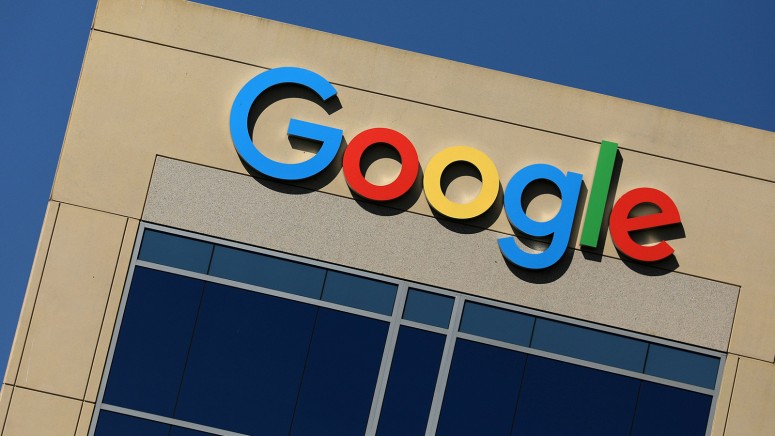
Google May Be Fined Up To $4 Billion for GDPR Privacy Policy Violations
- Consumer groups from seven countries in Europe have lodged complaints against Google for its location tracking practices.
- The groups are part of the European Consumer Organization and have called the organization out for its deceptive practices.
- Google has responded to the criticism and stated that its location tracking is disabled by default.
The GDPR policy that went into effect in Europe has seen a lot of companies that collect user data being questioned about their practices. Google and Facebook were called out earlier this year for their deceptive practices, but there was no action taken against them until now. Consumer groups from a total of seven European countries have filed complained against Google for its practices around location tracking.
Google has been blamed for not giving users enough choice with regards to how their data is handled. The company has been called out for hiding how user data is handled and not being clear about how user data is used for advertising purposes. After investigating the location tracking services, the groups found out that Google is able to track user location even when users manually turn off location history tracking.
To fully disable location tracking by Google you need to turn off Location History as well as Web and App activity. The company is not the only one to receive GDPR complaints. Facebook has also been under the scanner after 29 million accounts were affected by a data breach.
GDPR violations have not been extensively tested in courts, and it remains to be seen how much of an impact the complaint by the consumer groups will have against Google. It will be the first major GDPR lawsuit if it falls in place. With the current regulations in place, the tech giant may be fined up to 4% of its global revenue on its 2017 filings which can amount to $4 billion. Google has defended itself stating that location history is disabled on all of its devices and services by default. The location setting also mentions that not all location tracking is disabled.
What do you think about the GDPR complaint filed against Google? Let us know in the comments below. Get instant updates on TechNadu’s Facebook page, or Twitter handle.







